The information was given at an online meeting between Deputy Minister of Agriculture and Rural Development Phung Duc Tien and Deputy Minister of Agricultural and Food Policy of Ukraine Markiyan Dmytrasevich on the afternoon of November 23.
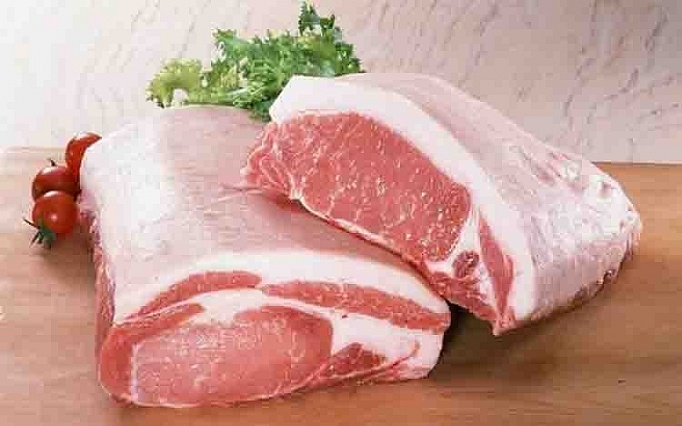 |
| Ukraine wants to sell pork, eggs, milk to Vietnam |
Deputy Minister of Agriculture and Rural Development Phung Duc Tien informed that this is the first meeting after the Covid-19 pandemic for the two countries to sit down and discuss promoting bilateral cooperation in the agricultural sector.
According to Mr. Phung Duc Tien, Ukraine is proposing to export poultry products, eggs, milk, poultry egg products, pork and by-products to Vietnam.
In the opposite direction, Vietnam wishes to export seafood, processed pork, processed poultry, poultry eggs of all kinds (fresh, live, processed), and honey to Ukraine.
Market development is an important task in promoting agricultural products, in which Ukraine is one of Vietnam's important markets.
Currently, Vietnam's traditional and strong export groups to the Ukrainian market include seafood, coffee, pepper, cashews, textiles, etc. In contrast, Ukraine's main exports to Vietnam include chemicals, fertilizers, corn, and wheat.
Agricultural, forestry and fishery trade accounts for about 20% of the total trade between Vietnam and Ukraine. Accordingly, the total import and export value of agricultural products in 2021 was 153 million USD, accounting for about 19% of the total import and export turnover.
On the Ukrainian side, Deputy Minister Markiyan Dmytrasevich hopes to promote agricultural cooperation with Vietnam, with both sides exchanging agricultural products of mutual strength.
Mr. Nguyen Van Long - Director of the Department of Animal Health (Ministry of Agriculture and Rural Development) - said that the Department of Animal Health is reviewing the application for registration of the export of poultry meat and poultry by-products from Ukraine after completing the assessment of the risk of importing pork/pork products and egg products.
Regarding pork and pork products, the Department of Animal Health has received a request for additional information to assess import risks.
The Department of Animal Health will review the documents and respond in writing. Regarding egg products, the Department of Animal Health has requested Ukraine to provide additional information to assess the import risk, but has not yet received a response.
Responding to the opinion of the Department of Animal Health, Director of the Department of International Cooperation, Trade and Information, Consumer Protection (SSUFSCP) - Ms. Yulia Kostynska, wished to know more information to promote pork products in the Vietnamese market.
Along with the request to export poultry, eggs, milk and poultry egg products, pork and by-products to Vietnam, according to the representative of the Plant Protection Department (Ministry of Agriculture and Rural Development), the Department received a request to open the market for blueberries and apples last July. The Plant Protection Department will send technical units to conduct pest risk analysis (PRA) for the above items according to regulations.
On the other hand, Mr. Le Ba Anh - Deputy Director of the Department of Quality, Processing and Market Development (Ministry of Agriculture and Rural Development) - said that the Ukrainian authority has just allowed 36 seafood enterprises, of which 10 enterprises are allowed to process and export pangasius to this market.
The Department of Quality, Processing and Market Development has sent many documents to the State Service for Food Safety and Consumer Protection of Ukraine (SSUFSCP) requesting to add the facility to the list of enterprises permitted to export to Ukraine but has not received any response.
According to Mr. Le Ba Anh, although Ukraine is now a full member of the World Trade Organization (WTO), the country's competent authorities still apply a number of imported food safety control measures that are not in accordance with international practices, such as the food safety index applied to imported products that is not in accordance with international practices.
The procedures for inspecting and recognizing enterprises on the List of enterprises permitted to process and export seafood are not consistent with international practices and the CODEX Committee's guidelines on inspection, assessment, and recognition of equivalence in food safety control systems between countries.
Source link



![[Photo] "Beauties" participate in the parade rehearsal at Bien Hoa airport](https://vstatic.vietnam.vn/vietnam/resource/IMAGE/2025/4/11/155502af3384431e918de0e2e585d13a)



![[Photo] Looking back at the impressive moments of the Vietnamese rescue team in Myanmar](https://vstatic.vietnam.vn/vietnam/resource/IMAGE/2025/4/11/5623ca902a934e19b604c718265249d0)

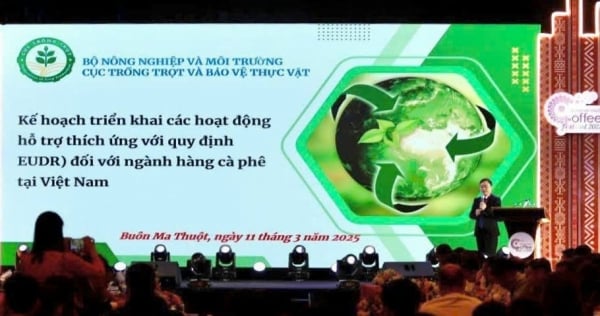
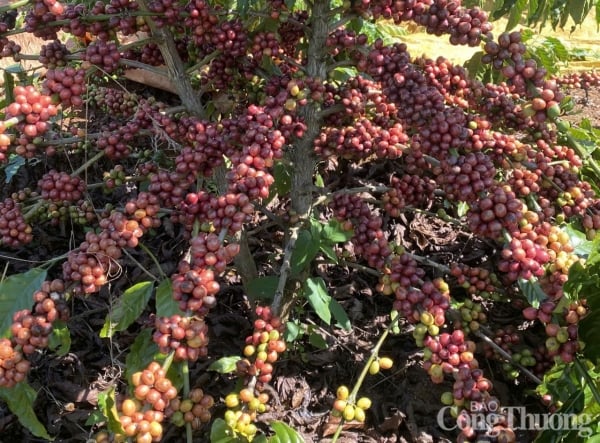
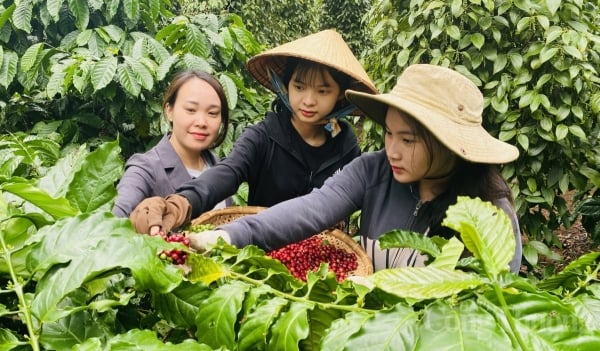
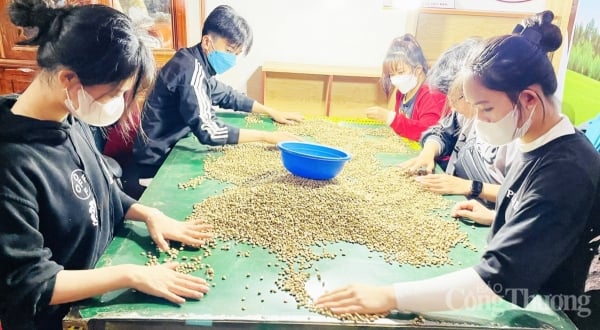
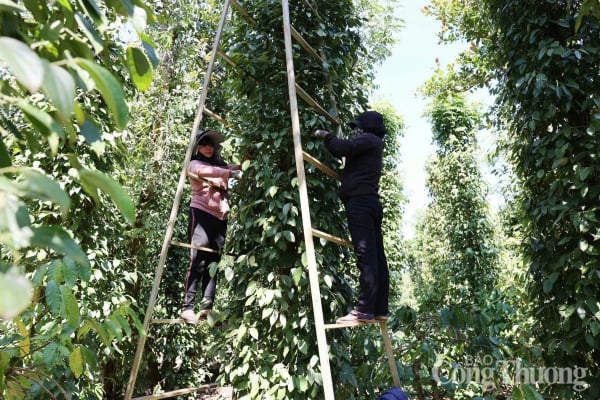
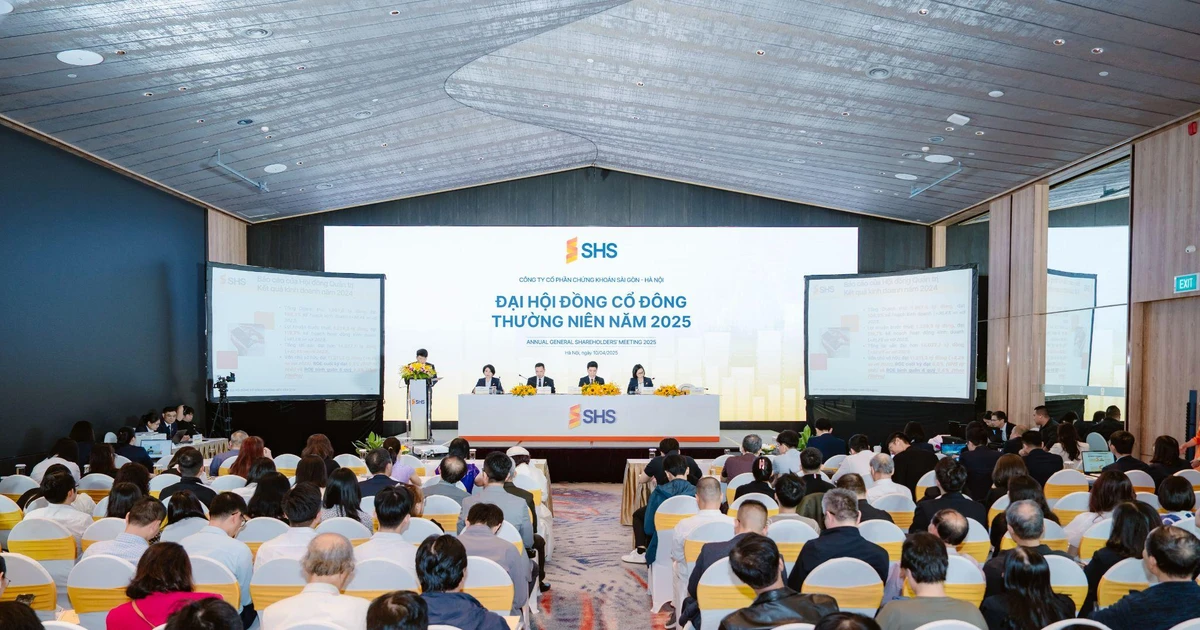
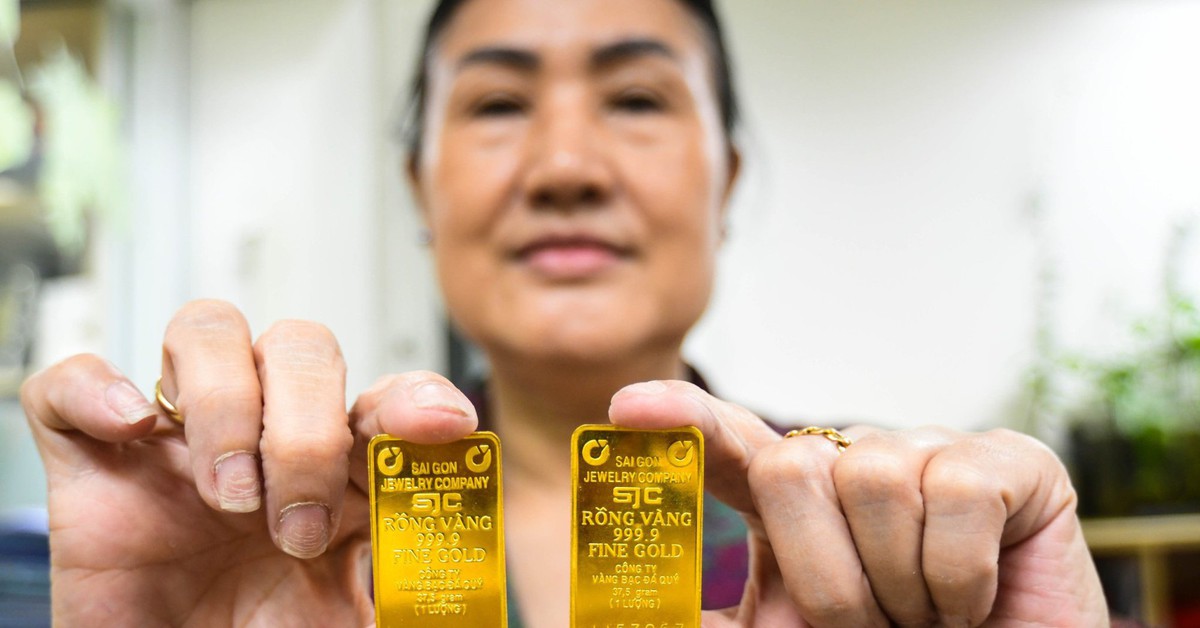


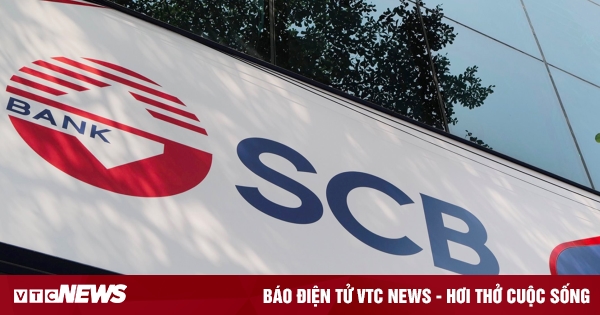



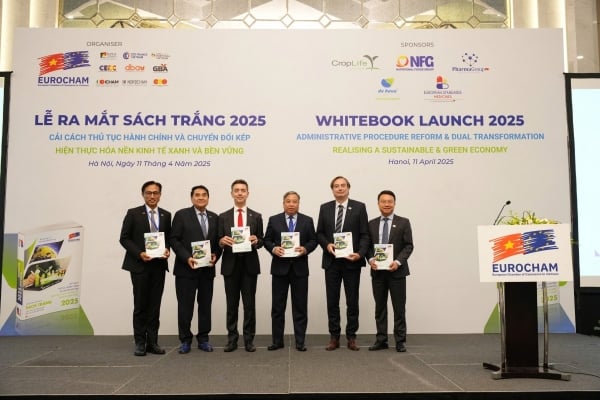


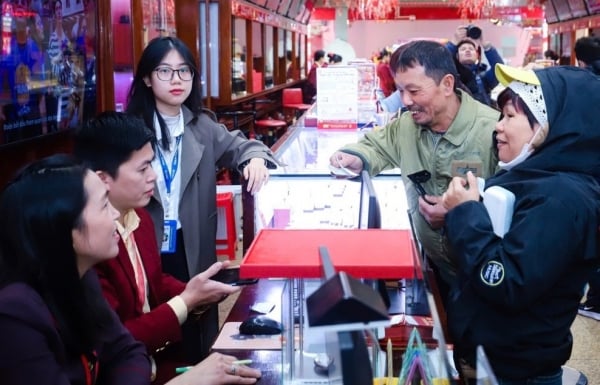
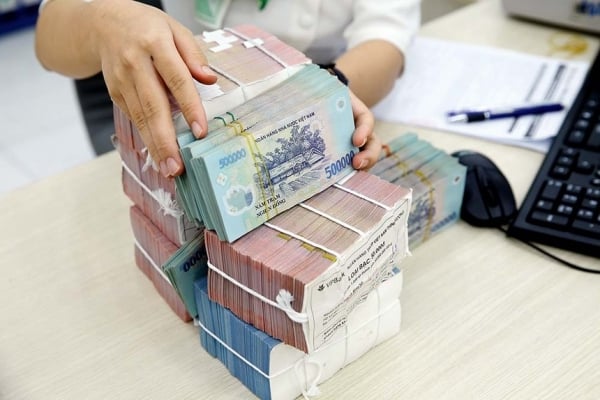


![[Photo] Summary of parade practice in preparation for the April 30th celebration](https://vstatic.vietnam.vn/vietnam/resource/IMAGE/2025/4/11/78cfee0f2cc045b387ff1a4362b5950f)






























































Comment (0)